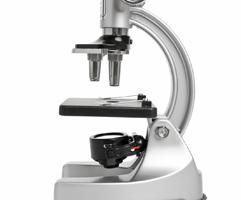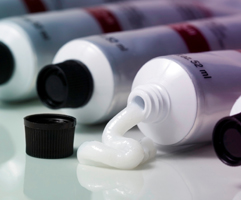



Rosacea
What Causes Rosacea?
The cause of Rosacea remains unknown, but scientists increasingly believe it is due to a combination of hereditary and environmental factors. The environmental factors, called triggers, may vary from one person to another. Common triggers include:
- Hot foods or beverages
- Spicy foods
- Alcohol
- Temperature extremes
- Sunlight
- Stress, anger or embarrassment
- Strenuous exercise
- Hot baths, saunas
- Corticosteroids
- Drugs that dilate blood vessels, including some blood pressure medications
Treatment for Rosacea
Rosacea rarely clears up on its own and as previously stated, tends to worsen over time if left untreated. Many over-the-counter skin care products contain ingredients such as acids, alcohol and other irritants, that may actually worsen the condition. Because of the progressive nature of Rosacea, an early diagnosis is important. Treatments are more effective if started early. Although there’s no way to eliminate rosacea altogether, signs and symptoms can be relieved and reduced. Most often this requires a combination of prescription treatments and certain self-care measures. Particular moisturizers, cleansers and sunscreens will help improve the health and appearance of your skin.
Medications
Doctors often prescribe topical antibiotics to treat rosacea, due to their anti-inflammatory properties which destroy bacteria. A common topical antibiotic prescribed is metronidazole (Metrocream, Metrogel, Noritate). Another prescription medication is azelaic acid (Azelex, Finacea), which reduces redness and inflammation.
Oral antibiotics may also be prescribed in combination to achieve noticeable results faster. In many cases, dermatologists will often prescribe both oral and topical antibiotics for this very reason, followed by long-term use of a topical antibiotic alone to maintain remission. Some of the most common prescription oral antibiotics include tetracycline, minocycline, doxycycline and erythromycin. The duration of your treatment depends on the type and severity of your symptoms, but typically you’ll notice an improvement within weeks. Because symptoms may recur if you stop treatment protocol, regular treatment is often necessary.

